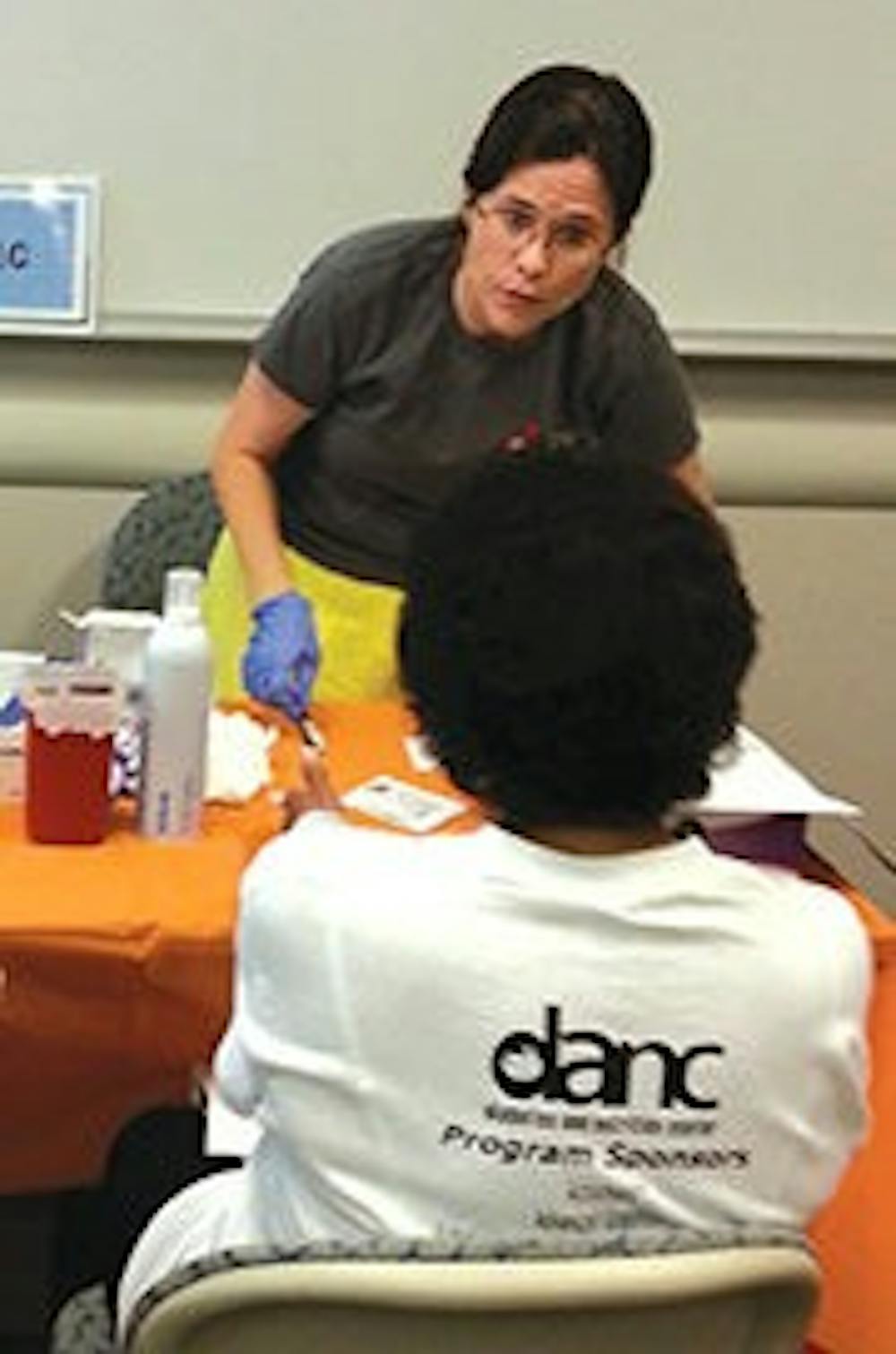Approximately 1.9 million Americans are diagnosed with diabetes every year.
For the past three years, Alabama has ranked among the top three states for diabetes. Amie Hardin, manager of the East Alabama Medical Clinic Diabetes and Nutrition Center, and Jan Kavookjian, associate professor in the department of health outcomes research and policy in Auburn University's Harrison School of Pharmacy, said they hope to change that.
"We wanted to provide education to an underserved community with a high prevalence of diabetes," Hardin said.
Auburn University recently teamed up with Tuskegee University to make that happen.
"Reaching Out For Better Health is a collaboration between myself, the faculty in the school of pharmacy here, faculty from Tuskegee University and the Diabetes and Nutrition Center of East Alabama Medical Center," Kavookjian said. "We pooled our collective expertise and we took this accredited diabetes education program that is offered at EAMC down into Tuskegee."
According to Kavookjian, holding the program in Tuskegee was an obvious choice.
"Tuskegee is not as rural as you might think, but it is a draw area for people who live in very rural areas," Kavookjian said. "Our objective was accessibility. For them to get this accredited education, they would have to drive to Montgomery or Opelika. A lot of people don't drive. Even if they do, a lot of people don't have access to transportation. This was a 10-week class, and that's a lot to ask a rural person who may or may not be impoverished. It's a lot to ask them to come all that way for an education."
The goal of "Reaching Out For Better Health" is to educate people about how to prevent diabetes and how to manage its symptoms.
"Reaching Out For Better Health" offered two 10-week classes that covered everything from monitoring blood sugar and blood pressure to healthy eating.
"We offered two separate classes over the summer of 2013, and then held a reunion event this March," Kavookjian said. "That gave us a chance to measure the outcomes. We looked at their basic knowledge of diabetes, where they were in terms of behaviors like healthy eating and being active. We also collected some clinical data."
Kavookjian said after the course, participants' knowledge of diabetes management increased by 15 percent, the average participant weight decreased by 2.5 pounds, the average participant body mass index decreased by .4, and the average participant Hemoglobin AIC decreased by .2.
At the start of the program, participants reported being active four days a week.
At the program's end, they were up to 4.4 days of the week.
Alveta Reese, assistant professor of nursing at Tuskegee University, said she is proud to have been a part of the project.
"It was an awesome project, and I was honored to be able to assist the community," Reese said. "I am most proud that it was a sustainable project. There is still a great support group happening at Greenwood Baptist Church, so it is still ongoing and sustainable."
Do you like this story? The Plainsman doesn't accept money from tuition or student fees, and we don't charge a subscription fee. But you can donate to support The Plainsman.





